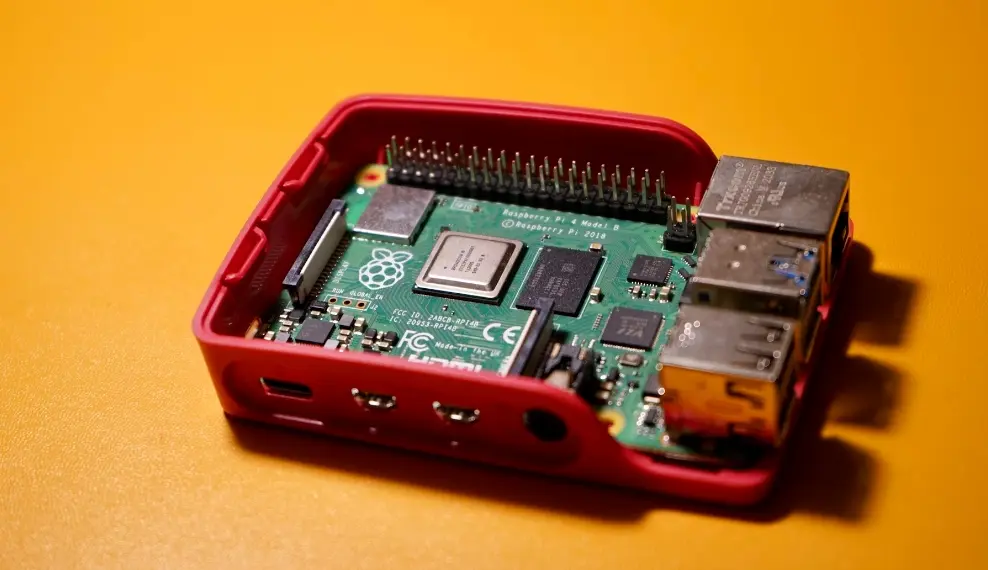
FCC and CE Certification Testing
JJR Laboratory in China is a CE and IEC 17025 accREDited laboratory with relevant qualifications. We offer certification testing services for electronic products, wireless devices (Wi-Fi, Bluetooth), household appliances, medical devices, and more. Our laboratory is located in China, helping companies save up to 30% on certification costs. (Feel free to compare prices.)

FCC Certification:
1. FCC Certification is a requirement from the Federal Communications Commission (FCC) in the United States for electronic products sold in the U.S. market.
2. FCC certification focuses on electromagnetic compatibility (EMC) and radio frequency spectrum usage regULations. It ensures that devices do not interfere with other devices and communications while emitting electromagnetic radiation and comply with FCC radiation limits and spectrum usage rules.
3. FCC certification includes tests such as radiation emission, parasitic radiation, immunity testing, and requires relevant technical documentation and compliance markings.
CE certification:
1. CE Certification is a requirement for products sold in the European EconoMIC Area (EEA). It applies to electronic products sold in the European market.
2. CE certification covers multiple areas, including electromagnetic compatibility, safety, health, and environmental protection. It ensures that products comply with relevant EU regulations and standards in the European market.
3. CE certification requires manufacturers to self-declare and take conformity assessment measures, such as conducting necessary tests and preparing technical documentation, to ensure compliance with applicable EU directives and standards.
4. CE certification applies to a wide range of products, including electronic devices, wireless equipment, toys, machinery, medical devices, and construction products.
Key Points on Both Certifications:
1. Scope of Certification: FCC certification applies to electronic products sold in the U.S. market, while CE certification applies to products sold in the European market. These represent the market entry requirements for the U.S. and Europe.
2. Purpose of Certification: FCC certification focuses on electromagnetic compatibility and radio spectrum usage regulations to ensure devices do not cause interference. CE certification addresses product safety, electromagnetic compatibility, health, and environmental protection.
3. Certification Requirements and Process: FCC and CE certifications differ in their requirements and processes. FCC certification typically involves device testing, conformity assessment, and technical documentation to meet FCC regulations. CE certification requires manufacturers to self-declare compliance and take necessary steps like testing and documentation to meet EU directives and standards.
4. Testing Items: Both certifications involve tests such as radiation emission, parasitic radiation, and immunity tests. These ensure devices comply with electromagnetic environment requirements.
5. Certification Markings: After receiving FCC or CE certification, manufacturers must mark their products with the corresponding certification symbols. These symbols indicate that the product meets FCC or EU requirements and is authorized for sale in these markets.
Resources for FCC and CE Certification:
FCC Certification:
1. FCC Official Website: You can visit the official website of the Federal Communications Commission (FCC) to learn more about their certification requirements, regulations, and guidelines. Website:https://www.fcc.gov/
2. FCC Regulations: The FCC has published several regulatory documents, including fcc part 15 (for unlicensed devices) and fcc part 18 (for industrial, scientific, and medical devices). These documents provide detailed requirements, testing methods, and compliance standards.
3. FCC Accredited Laboratories: Work with FCC-accredited laboratories for detailed guidance, testing services, and technical support. You can consult JJR Testing Laboratory in China for their certification services.
CE Certification:
1. EU Official Website: The European Commission provides official information, guidelines, and regulatory texts regarding CE certification. You can visit their website to get detailed requirements and guidelines. Website: https://ec.europa.eu/
2. 2. CE Directives and Standards: The EU has published a series of directives and standards that cover certification requirements for various product categories. You can review the applicable directives and standards to understand the conformity assessment processes and testing requirements for your product.
3. Certification and Consulting Agencies: Work with professional certification bodies and consulting agencies for specific guidance, testing services, and technical support. These agencies have extensive experience and expertise in helping you complete the ce certification process.
Email:hello@jjrlab.com
Write your message here and send it to us
 IEC 60529 IP Rating Ingress Protection Standard
IEC 60529 IP Rating Ingress Protection Standard
 IEC 60601-1 Medical Electrical Equipment Basic Saf
IEC 60601-1 Medical Electrical Equipment Basic Saf
 European Authorized Representative Medical Devices
European Authorized Representative Medical Devices
 EU Waste Electrical and Electronic Equipment Direc
EU Waste Electrical and Electronic Equipment Direc
 How to Get CE Approval
How to Get CE Approval
 Accelerated Ageing Test
Accelerated Ageing Test
 IP Ingress Protection Testing
IP Ingress Protection Testing
 How Does a Product Get an Energy Star Label
How Does a Product Get an Energy Star Label
Leave us a message
24-hour online customer service at any time to respond, so that you worry!




